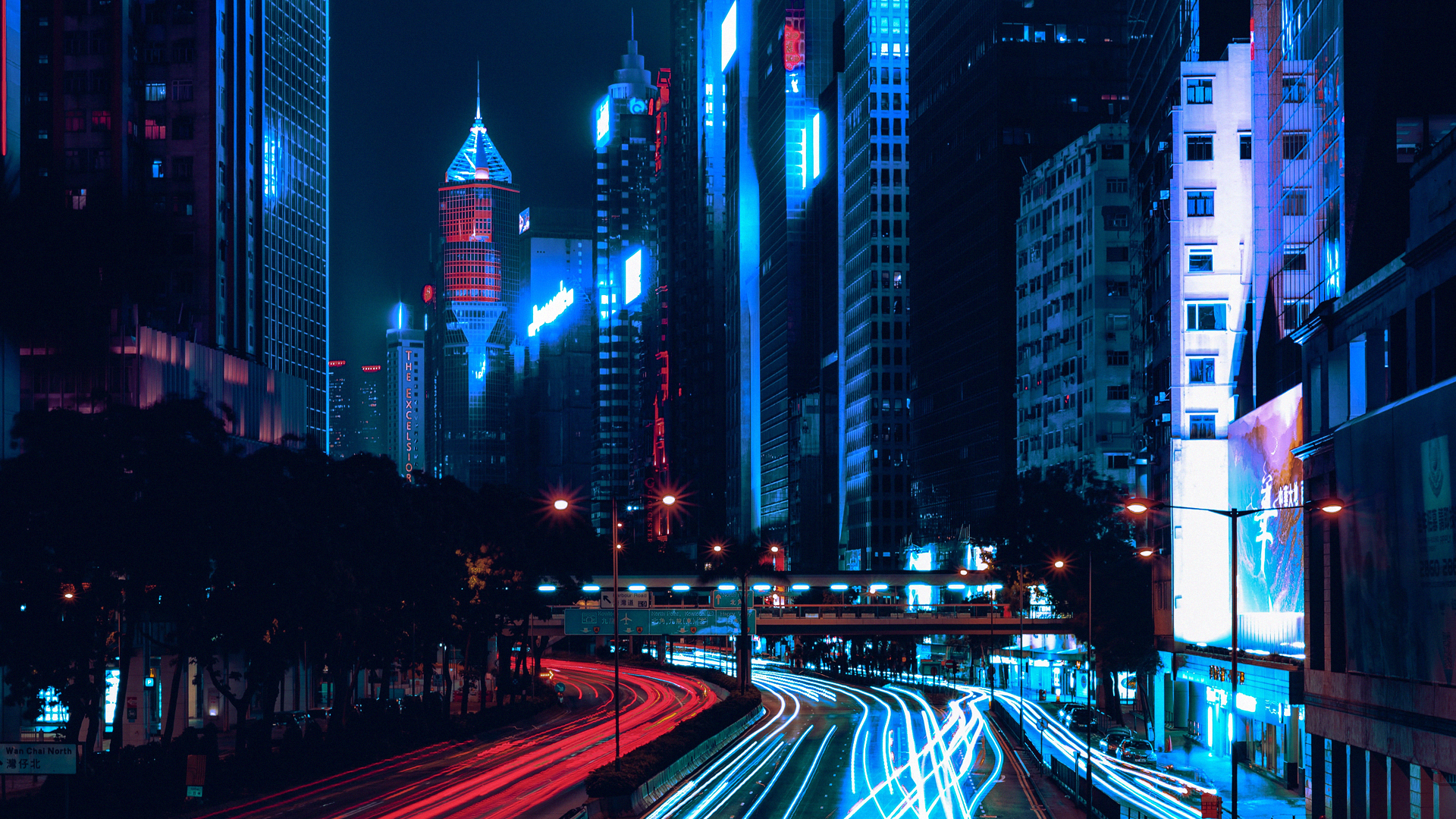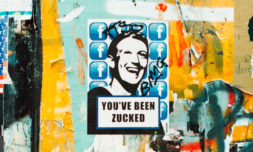An internet coalition including Facebook, Google, Apple, Twitter, and Amazon could be about to halt its services in Hong Kong if a proposed anti-doxxing law is to go ahead.
Big tech is getting serious about free expression, and an entire region now faces the possibility of being unfriended.
A Singapore-based internet group comprised of some of the world’s biggest tech companies including Facebook, Google, Apple, Twitter, and Amazon has warned that such services may soon go offline throughout Hong Kong if a concerning law is passed.
The new bill being proposed would see individuals involved in doxxing – the process of releasing classified information about an individual or organisation – hit with ‘severe sanctions,’ some of which could be levelled at the employees of these tech meccas.
Beijing has tightened its grip on the province of Hong Kong for years, but after pro-democracy protests in 2019 sparked a wave of doxxing directed at both parties, police, journalists, and activists – in some cases leading to the targeting of home addresses and schools – the capital’s focus has shifted to online data control across the nation.


According to reports, anyone deemed guilty of doxxing will face up to five years in prison and fines of $128,800. When it comes to what actually constitutes an illegal offence and who is criminally liable, however, details are sparse at best.
This is where red flags come in for big tech sites, especially those in the social media space. In theory, the law would allow for the second-hand punishment of company staff for the so called offences of users. With each platform having millions of posts to moderate each day, you can see how this could quickly become a legislative mess.




















